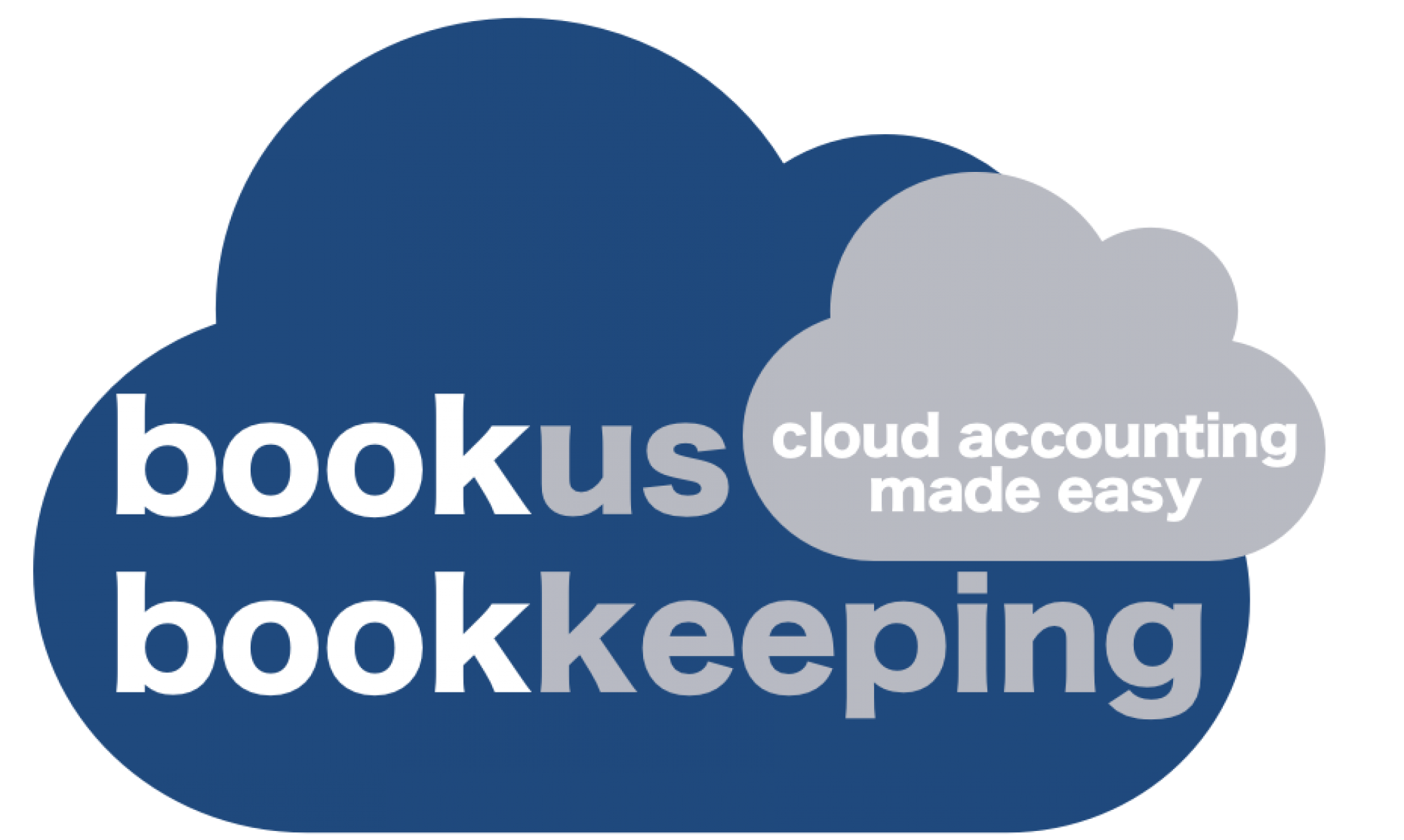From 1 July 2021, the national minimum wage will increase to:
- $772.60 per week
- $20.33 per hour
This will result in the minimum rates for Modern Awards being increased. Due to the continued impacts of COVID-19, some of these increases will be delayed until November.
Please note that this increase is effective for the General Retail Industry Award from 1 July 2021.
Please be in touch if you need help working out how your pays will be affected.
You might also have seen that the NSW Government announced business support grants overnight due to this most recent lockdown. They aren’t open for applications just yet, but we will send through a more detailed newsletter as soon as they are.
What we know so far:
The grants will be divided into two streams:
- Small Business COVID-19 Support Grant. Available to businesses and sole traders with a turnover of more than $75,000 per annum but below the NSW government 2020–21 payroll tax threshold of $1,200,000 as at 1 July 2020.
- Hospitality and Tourism COVID-19 Support Grant. Available to tourism or hospitality businesses that have a turnover of more than $75,000 and an annual Australian wages bill of below $10 million, as at 1 July 2020.
Businesses will be able to apply for the grants through Service NSW from later in July and will need to show a decline in turnover across a minimum two-week period after the commencement of major restrictions on 26 June. Further details about eligibility should be available in the coming days.
